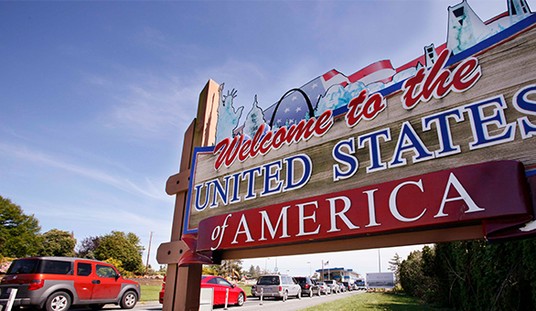President Obama’s proposed $255 billion economic stimulus package, tendered as part of his plan to address the looming fiscal cliff, has hit a brick wall with Republican lawmakers and is unlikely to be included in any final bargain.
Obama recommended the increased spending to bolster the lackluster national economy. The proffer includes $50 billion to fund an infrastructure bank, an initiative long supported by the administration, to assist in the construction of bridges, roads and similar projects. It also seeks to extend the 2 percent payroll tax cut, provide a tax incentive for businesses, and continue additional funding of unemployment benefits.
All of it was crammed into a package intended to attack the nation’s growing debt, which now is at $16.3 trillion and growing. Obama also hopes to raise about $1.6 trillion in tax revenues, primarily by permitting an income tax break extended during the administration of President George W. Bush to those families earning $250,000 or more to expire. He also has acknowledged the need for unspecified program cuts.
Failure to reach a debt deal with Congress could result in what has been characterized as the fiscal cliff. Lawmakers adopted, and Obama signed, legislation in 2011 to kill all Bush-era tax cuts and make mandatory cuts in various federal programs, including defense and health, if an alternative deal wasn’t struck. The White House and congressional Republicans are working to resolve differences by the end of the year.
Obama maintains the stimulus is needed to create jobs and grow the economy, factors that could result in increased tax revenues.
“If we’re serious about reducing our deficit, we’ve also got to be serious about investing in the things that help us grow and make the middle class strong, like education, and research and development, and making sure kids can go to college, and rebuilding our roads and our infrastructure,” Obama told supporters during a rally at the Daimler Detroit Diesel Plant in Redford, Mich., on Monday. “We’ve got to do that.’’
But Senate Republican Leader Mitch McConnell, of Kentucky, rejected the entreaty, insisting that Washington has to reduce, not increase, spending to get the economy back on its feet. Increased stimulus spending, he argued, is “something no reasonable person had publicly contemplated previously.”
“A couple weeks ago, we saw his plan,” McConnell said Tuesday. “After four straight trillion dollar deficits and two years of running around calling for a balanced approach to bring those deficits under control, we saw his idea of ‘balance’ — a $1.6 trillion tax hike, new and totally unprecedented power to raise the federal debt limit at his whim and $50 billion in stimulus-type infrastructure programs — in other words, even more spending.’’
McConnell said the president appears to believe that voters will “magically forget that government spending is completely out of control.”
House Speaker John Boehner (R-Ohio), who serves as the GOP’s lead negotiator in the fiscal cliff talks, was no less abrasive about Obama’s proposal. In a letter sent to the president and signed by seven members of the House Republican leadership outlining their plan for deficit reduction, the lawmakers said the proposed increase in spending “only confuses the public debate.”
“What’s worse, the modest spending cuts in this offer are cancelled out by the additional ‘stimulus’ measures the administration is requesting,” the letter read.
“We cannot in good conscience agree to this approach, which is neither balanced nor realistic.”
Boehner claims the stimulus could reach $600 billion. The administration insists it would be held to about $200 billion.
The dubiousness expressed by GOP lawmakers is backed by various conservative organizations, including the Heritage Foundation. In a report titled, “Job Market Struggles in November,” released on Dec. 7, authors Rea S. Hederman Jr. and James Sherk assert that current economic conditions require Congress to cut the deficit by cutting spending.
“Instead, the administration proposes the opposite approach,” the report said. “The President has suggested spending tens of billions more on stimulus programs in addition to his proposed tax hikes. Congress should reject this approach and close the deficit through deep spending cuts.”
But Treasury Secretary Tim Geithner, in a recent interview on the CNN program State of the Union, maintained that the stimulus price tag is “something we can afford,” adding that it is a “modest investment in making this country stronger.”
The Congressional Budget Office has reported that the $800 billion stimulus approved by a Democratic-controlled Congress during the deepest part of the recession in 2009 continues to have a positive impact on the nation’s economy, responsible for an additional 200,000 to 1.2 million jobs during the second quarter of 2012.
But the effects of that stimulus are ebbing at a time when unemployment is finally in decline. The CBO maintains the most significant effect came during the third quarter of 2010 when as many as 5.1 million held jobs that would not have been available without the law’s passage.
Regardless, it appears a stimulus could be in the offing even if the Obama plan fails to pass congressional muster. The Federal Reserve Board meets on Wednesday and generally is expected to provide its own, according to financial analysts.









Join the conversation as a VIP Member